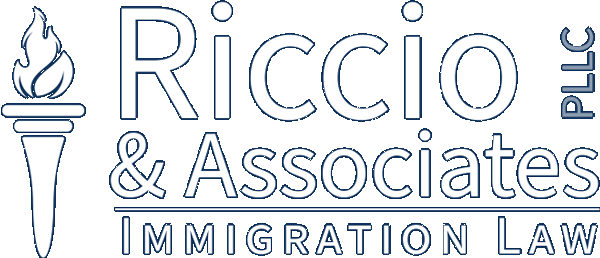An applicant submits Form N-400, a copy of the “green card”, three color photographs, a $320.00 filing fee, along with a $70.00 fingerprinting fee to the INS Service Center having jurisdiction over the applicant’s place ’of residence by mail. Generally, no supporting documents need be furnished. Please note that these fees often change, and should be confirmed by the applicant prior to submitting an application.
The application may be submitted as much as three months (but no more than three months!) before the five-year or three year residence period is satisfied.
Within one or two months INS will issue a receipt. At some point thereafter (the timing is impossible to predict) INS will issue an appointment notice for the required fingerprinting. Then an interview notice will follow.
The statutory period will be calculated backwards from the date of filing of the Application, except that if the Application is filed during the three month “window” before eligibility is reached, it will be calculated backwards from the date of the interview.
This is a crucial distinction for applicants who have been outside the U.S. for extended periods of time.
All interviews for residents of Massachusetts take place at the INS office in Boston. New Hampshire residents are interviewed at the INS office in Manchester, NH.
Applicants are free to travel abroad between the interview and the swearing-in ceremony so long as they do not abandon their residence in the U.S.
The U.S. District Court in Boston has elected to retain jurisdiction over the oath-taking ceremony. Several hundred applicants at a time are called to Faneuil Hall, or similar locations, where the oath of allegiance is administered by a Federal Judge. In addition, the Boston INS office conducts frequent administrative oath-taking ceremonies in the JFK Federal Building. While these ceremonies are conducted in a dignified manner, some feel they lack the pomp and circumstance of a Federal Court proceeding.
In New Hampshire, most ceremonies are held in the U.S. District Court in Concord, though one or two State Courts may still be involved in the process.
